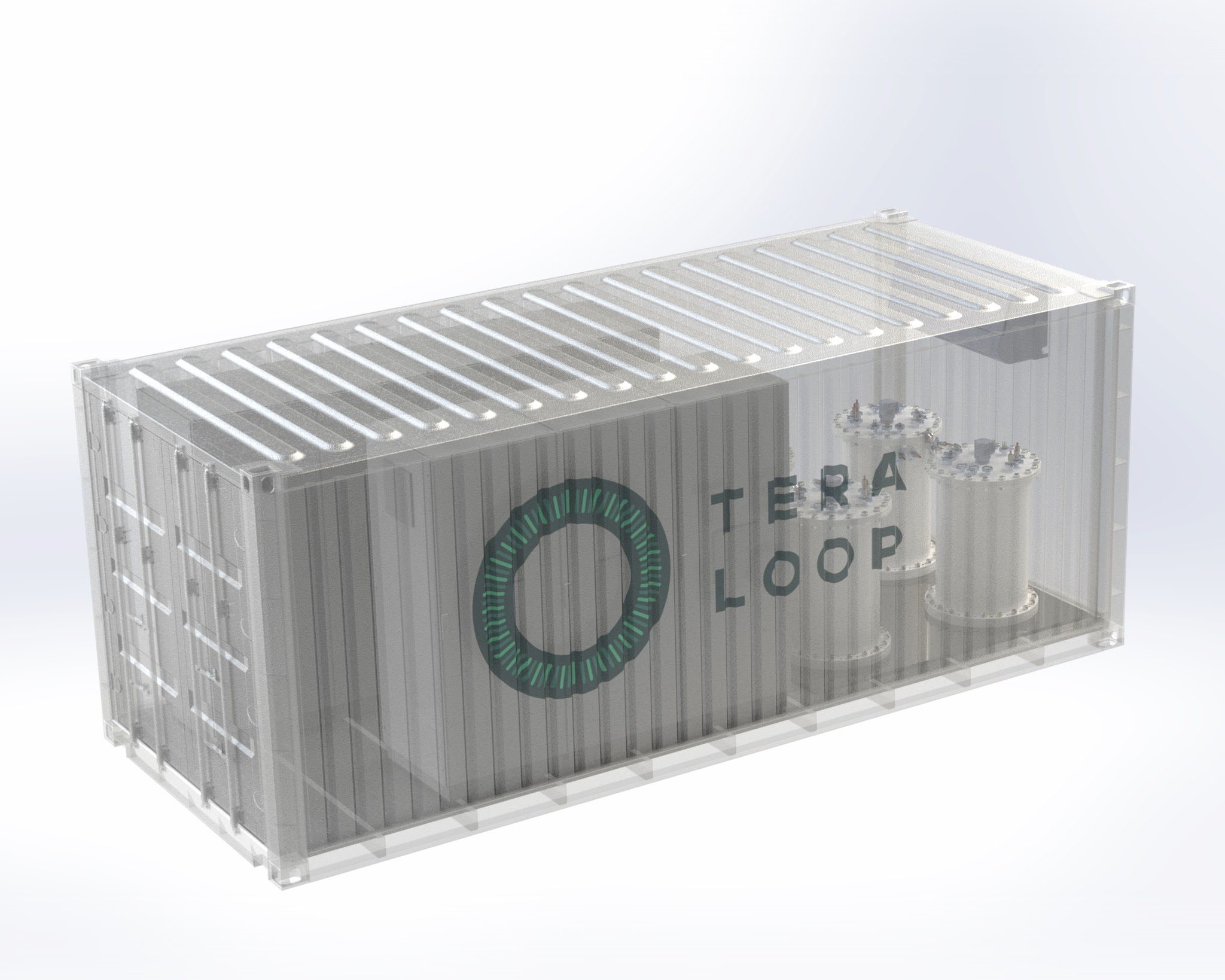Hybrid BESS/FESS
Extending service provision and battery life

BESS/FESS are cost-effective and sustainable
Battery Energy Storage Systems (BESS) are increasingly pivotal for stationary energy storage applications, offering a robust solution for enhancing grid stability and integrating intermittent renewable energy sources like solar and wind. By storing excess energy during periods of low demand or high generation and discharging it during peak hours, BESS smooths out the variability of renewables, ensuring a more reliable and consistent power supply. This capability not only helps in preventing grid failures but also allows for greater penetration of clean energy into the grid. Furthermore, BESS can provide critical backup power during outages and help consumers and industries reduce electricity costs through peak shaving.
However, when it comes to the specific and demanding task of grid frequency regulation, BESS exhibit certain limitations. While their rapid response time is a significant advantage over traditional generators, the frequent and rapid charge and discharge cycles required for frequency regulation accelerates battery degradation, reducing their operational lifespan and overall efficiency.
For frequency regulations, the high initial capital investment for BESS technology remains a significant barrier, due to the need to oversize the assets in order to reduce deterioration. Moreover, the long-term performance and reliability of BESS for continuous, high-frequency cycling are still under evaluation, with concerns about the economic viability and the environmental footprint associated with lithium batteries.


